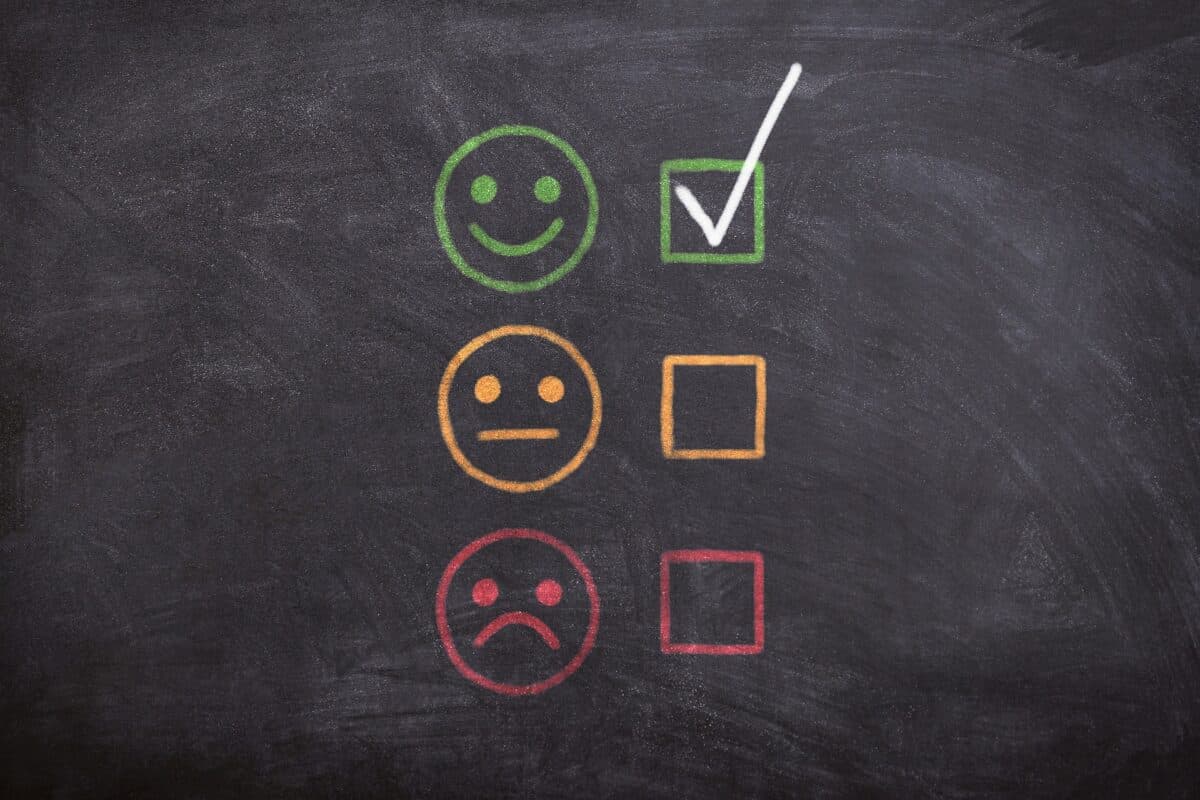What Is a Good Credit Score in Canada ?
By Maude Gauthier | Published on 29 Jun 2023

Canadians excel at a lot of things but maintaining a good credit score can be tough for anyone. A credit score between 660 and 900 is generally considered good. The higher the score, the better! Find out how a good credit score can help you.
Establishing credit scores
Credit scores are calculated by two different reporting agencies in Canada, TransUnion and Equifax. You may have better credit through one of these agencies than the other because their scales and algorithms differ.
Your score is calculated from the credit report, which includes payment history, amount of debt you have, and how long your credit history is. It ranges from 300 to 900. A score that reflects good credit is generally between 660 and 724. A score between 725 and 759 is considered very good, and above 760, you have excellent credit.
When you compare loans or choose a credit card, your score helps a lender determine what it can offer you. The credit score will help a lender figure out what they can offer you in terms of loans or credit cards and at what rate. If you have good credit, you’re most likely to get the loans you want at low rates. Your good credit shows that you pay your bills and manage your money well enough to pay back loans. There’s no magic number to reach to be sure of getting the loans you want, because in addition to your credit rating, several other pieces of information will be used by an organization to determine your creditworthiness.
How a good credit score positively affects your finances
A good credit score opens your world up to getting the best financial products on the market. Here are some of the benefits you’ll get from having a good credit score:
Get better credit cards
With good credit, you can benefit from getting the best credit cards available in Canada for the lowest interest rates, cash back and travel rewards. This can lead to free upgrades or free flights while and play a big part in your travel hacking strategy. You may get to enjoy additional travel perks like free entry to airport lounges around the world.
For instance, the BMO Ascend World Elite Mastercard lets you enjoy a host of travel benefits. It requires a credit score of around 760. For everyday spending, the Scotiabank Visa Infinite Momentum card offers attractive cash back. It requires a credit rating of 725 or more.
Improve your chances of getting a lower-interest mortgage
Comparing a wide range of mortgages to find the lowest interest rate to buy your own home is one of the top benefits to having good credit. This is a long term loan and the lower your interest, the more money you save in the long run. Your good credit could have lenders competing for your business so you have the luxury of shopping around for the best offer. If you don’t have good credit right now, you should work on improving it before you get a mortgage pre-approval or you’ll be stuck paying high interest for years.
Improve your ability to rent an apartment in a competitive market
If you have a good credit score, you can more easily compete to rent the apartment of your dreams. Landlords that have accommodation in competitive markets will potentially include a soft credit check as part of their process. In this case, someone with a credit score that’s less than 660 might not be considered for the rental. If you have good credit, you can beat out those people who have a lower credit score.
How to get a good credit score
Credit agencies keep information for a long time. When all goes well, your active accounts remain on your credit file as long as they are open. Closed accounts can remain on your credit file for up to 10 years (Equifax) to 20 years (TransUnion). Information that lowers your credit rating, however, is kept for a shorter period. Phew! These include missed or late payments, hard credit checks, accounts sent to collection agencies, court-issued judgments, consumer proposals and bankruptcies. This type of information stays on your file for 3 to 7 years.
If you don’t have good credit at the moment and are looking for ways to improve your score, there are a few different things you can do. It may seem like a daunting task but it’s not actually that difficult and the myriad of benefits are well worth it. Here are some of the actions you can take to get a good credit score and keep it:
Pay bills on time
Pay everything on time and in-full whether it’s your cell phone bill, credit card, rent, or loans. Even if you’re disputing a bill, make the payment on time. You can keep on top of your bills by adding reminders on your phone or authorizing direct debits.
Keep your utilization ratio under 35%
The debt-to-credit ratio is an important factor for keeping good credit. It analyzes how much debt you have against how much credit you have. It has an impact on your credit score and by keeping it less than 35%, you can improve your score. By constantly maintaining a high credit limit (but not using it all), you’ll impact your score in a positive way. On the contrary, having a high balance in comparison to your credit limit can reduce your credit score. For example, if you have three credit cards and a line of credit with a combined limit of $20,000, use no more than $7,000 to stay at 35%. With a total debt of $14,000, for example, your debt-to-credit ratio would be 70%, which is bad for your credit rating.
Be cautious about applying for credit
If you apply for a variety of credit accounts in a short time, it could impact your credit. Hard credit checks always impact your score. They happen when you apply for a mortgage, finance a new car and apply for credit cards, for instance. Don’t apply for too much credit on a short period of time!
Check your free credit report often
Online companies in Canada like ClearScore, Borrowell or Credit Karma offer free copies of your credit report. Checking your free credit score on a regular basis allows you to make sure your information is correct and complete. You can file disputes if it isn’t accurate. You can also ask to receive a weekly update on your financial habits. They will let you know what you can do to improve your credit score and offer you products that you’re most likely able to be approved for. These products can also help improve your credit score if you use them responsibly.
Get a secured or a guaranteed credit card
If you’re looking to gain good credit quickly, you can try getting a secured or guaranteed credit card. There are good ones on the market like the Neo secured card. These cards are helpful for those who have bad credit or no credit at all. A credit card like this is good in helping you to manage credit properly. Everyone can qualify for a guaranteed credit card.
You pay upfront and your deposit is used as collateral. That amount of money will be equal to what your credit card limit is. Unlike a prepaid card, it will be reported to credit bureaus. This allows you to build up to good credit rather quickly.
Avoid canceling credit cards
You may find it hard to use your credit cards responsibly and need to pay off debt. The last thing you want to do is cancel the credit card because it’s connected to your credit history. Also, if you cancel a credit card, you increase your utilization ratio, which can negatively impact your credit.
A better alternative is to keep it out of your wallet in a safe place. Only use it if absolutely necessary. Also, make sure to disconnect this card from any authorized direct payments you may have set.
With a good credit score in Canada, the world is your oyster
If you have a credit score of 700 or more, it’s most likely that any creditor will view this as good. This means you have access to pretty much any kind of credit product you need to improve your life in the ways you want. You can own a home or start a business through a low interest loan.
If your credit isn’t up to this level quite yet, it’s in your power to change this. You can use a guaranteed credit card to learn how to properly manage your credit. Pay bills on time and pay your credit cards down to at least 35%. Even if your credit is bad at the moment, there’s an opportunity to improve it. The low interest rates and perks you can get by having good credit is worth any effort you put into it.
